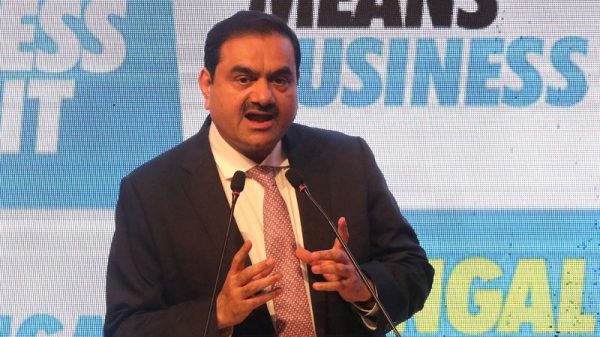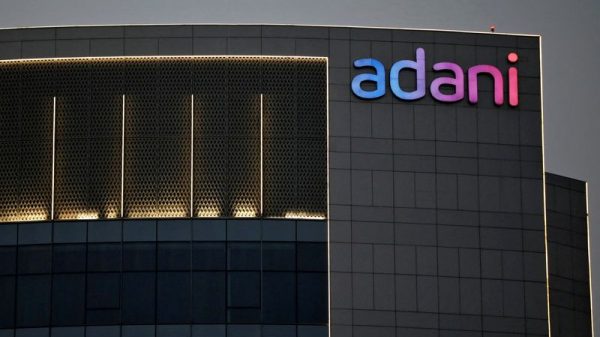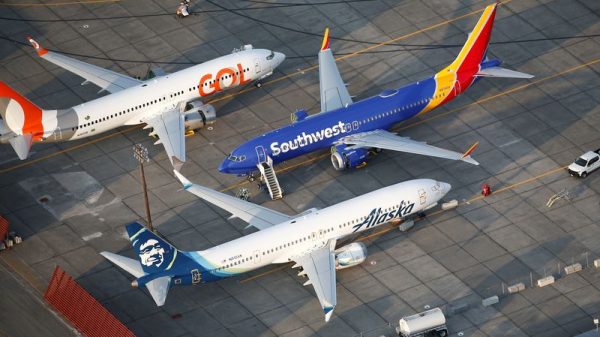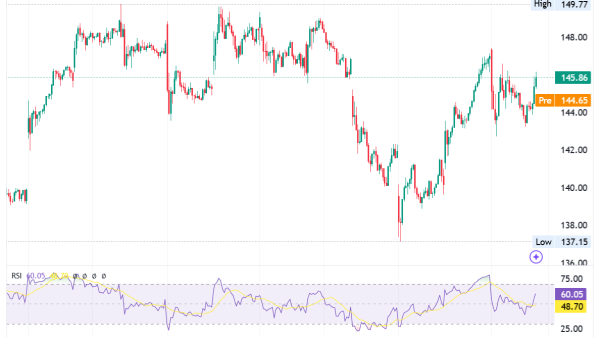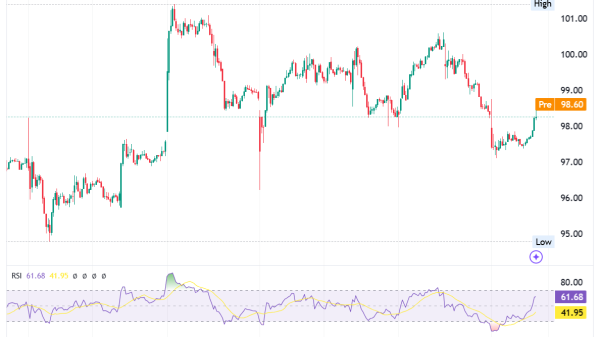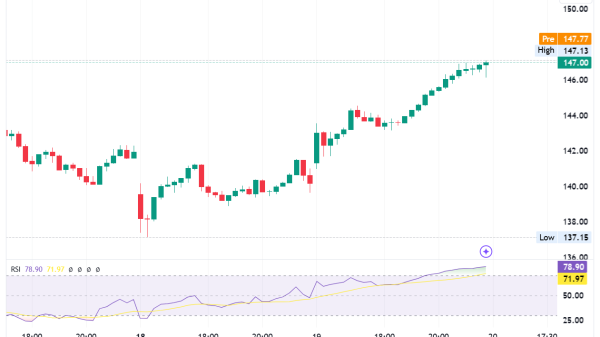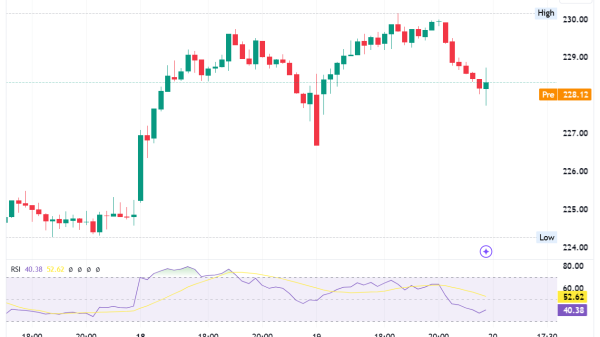By Corina Pons and Helen Reid
MADRID/LONDON (Reuters) – Zara owner Inditex (BME:ITX) has sharply increased its use of air freight to bring clothes from factories in India to its logistics hub in Spain to avoid shipping delays, according to trade data, industry experts, and investors.
The shift raises questions about how the world’s biggest listed fast-fashion retailer is progressing towards its target of slashing by half its “Scope 3”, or indirect, emissions, as air transport produces significantly higher carbon emissions than shipping.
Apparel retailers, and exporters in general, have increased their use of air freight since insecurity in the Red Sea disrupted global shipping routes.
Unpublished data and analysis shared with Reuters on Inditex’s shipments from India and Bangladesh, two of its major supplier countries, offer a close-up look at such a shift and its repercussions for the fashion industry’s climate goals.
Inditex sent 3,865 consignments by air from India in the 12 months to end-August this year, a 37% increase on the previous year, according to a Reuters analysis of shipment records from trade data provider Import Genius.
Of that number, 3,352 were sent since January 1 – after attacks on container ships in the Red Sea ratcheted up.
The share of air freight in Inditex’s shipments from India increased to 70% in the first eight months of this year from 44% last year, according to an analysis of customs data which Swiss NGO Public Eye shared with Reuters. For Bangladesh, that share rose to 31% from 26%, its data shows.
In response to Reuters’ questions about the air freight data, Inditex said it uses sea freight for the “vast majority” of products from Asia, but in exceptional circumstances such as the Red Sea crisis, it can use other modes of transport.
Inditex says that half of its suppliers are in countries close to its core European market such as Morocco, Portugal, Spain and Turkey. Its top 10 source countries also include Bangladesh, China, Pakistan and India.
Most of Inditex’s air consignments from India to Spain arrived in Zaragoza, a key logistics hub for Zara. The brand accounts for around two-thirds of the cargo activity at the local airport, according to a union source.
Airport data showed cargo movements increased by 39% in January-September compared with the same period last year. Its operator does not disclose company-specific data.
Signalling a broader trend, Spanish Trade Agency data showed the overall value of fashion goods brought to Spain by air increased by 28% in the year to September from the same period in 2023.
EMISSIONS TARGET
Increased use of air freight could drive up Inditex’s transport emissions, which have jumped by 37% in the 12 months to Jan. 31 compared to 2022, according to Reuters calculations based on the group’s annual reports.
Transport accounted for 12.1% of its total emissions in 2023, up from 8.4% in 2022, though Inditex said changes in its reporting methodology made the 2023 figures not comparable with 2022.
Inditex’s target is to halve Scope 3 emissions – which includes transport – by 2030 compared with their 2018 level. Last year, however, such emissions totalled 16,418,450 metric tons of CO2 equivalent – a 0.2% increase on the 2018 figure.
An Inditex spokesperson said the company is working hard to reduce emissions through measures like alternative fuels, optimising routes, and occupancy levels.
Rising transport emissions would force Inditex to seek greater reductions in other parts of its supply chain, such as material production and processing, to meet its goal.
At its annual shareholder meeting in July, a group of investors in the “Shareholders for Change” network called on the management to provide detailed figures on its air freight emissions and present strategies to cut them.
But other investors told Reuters they supported Inditex’s use of air freight to avoid shipping-related delays that could force it to resort to costly discounts to clear excess stocks.
“In the short term, we would rather Inditex do what’s necessary to continue to support the profitability of the business and their ability to continue to generate cash, as long as they’re still able to bring down their overall greenhouse gas emissions,” said Nick Clay, portfolio manager of the Redwheel Income Strategy in London, which owns Inditex shares.






